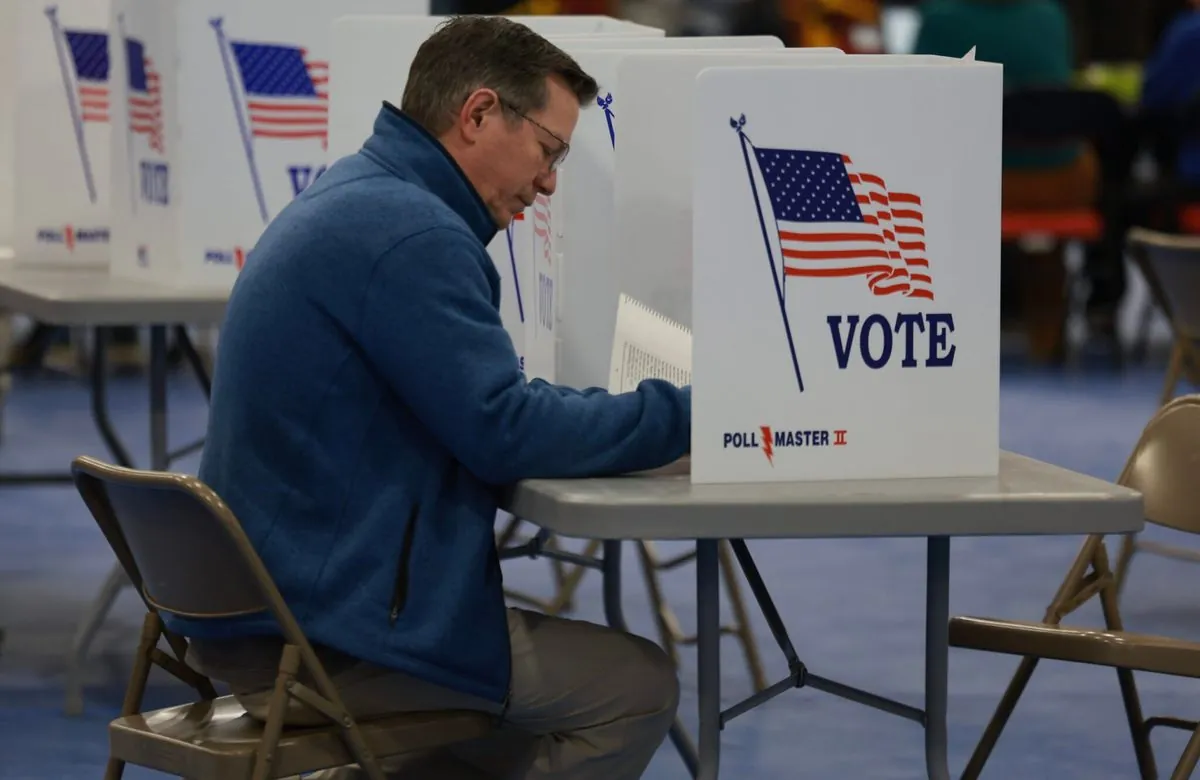In the lead-up to the showdown between Donald Trump and Kamala Harris‚ exit polls will play a key-role in understanding voter choices. The first big moment comes at 5pm ET: when networks release initial poll data (but dont expect perfect accuracy)
The modern exit-poll system combines three data-streams:
- In-person election day surveys
- Early-voting location interviews
- Phone‚ email and text responses from mail-voters
Voters face about 20 questions covering their pick‚ age-group and voting reasons - but theres a catch: early results need careful interpretation. Morning voters (who tend to be over-50) often lean towards pro-Trump positions‚ which can throw-off initial numbers.
The whole process works like a real-time puzzle: pollsters cant announce state winners till voting ends; even then they need super-clear margins. The 2016 polls showed this complexity - initial reports said Trump got most white-women votes‚ but later research showed it was just 47 percent
Networks keep fine-tuning numbers as more data flows in‚ making the exit polls more precise hour-by-hour. Still‚ the final stats sometimes need extra number-crunching to match real results: its a mix of science and careful estimation
